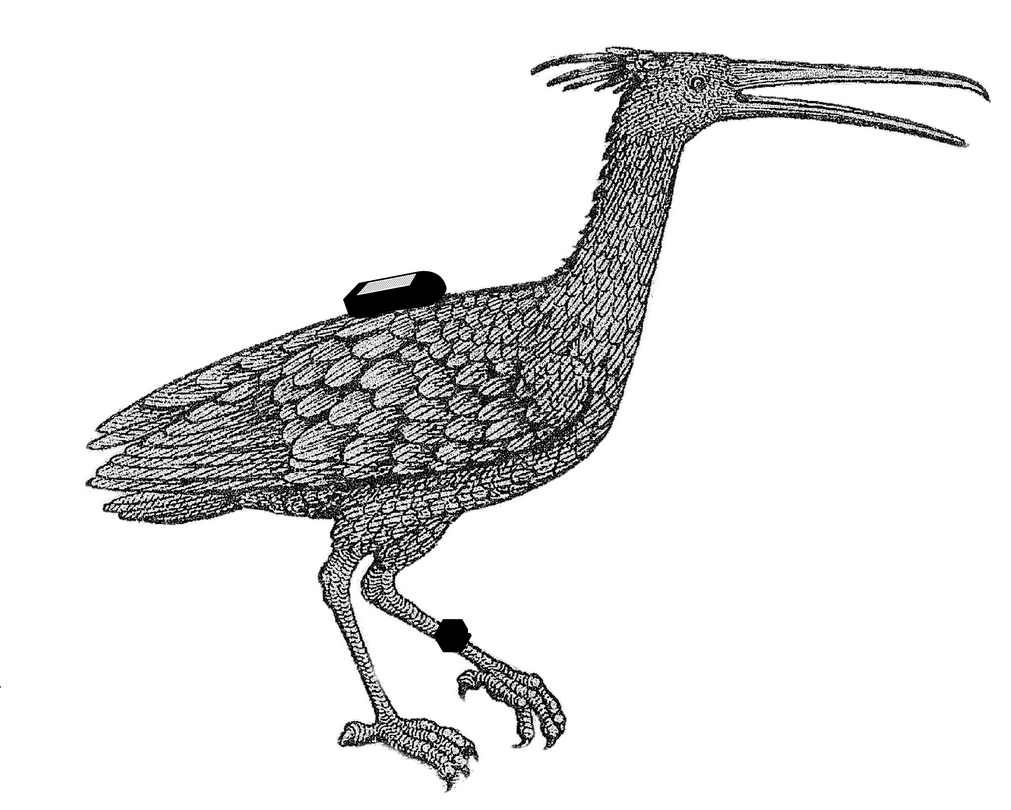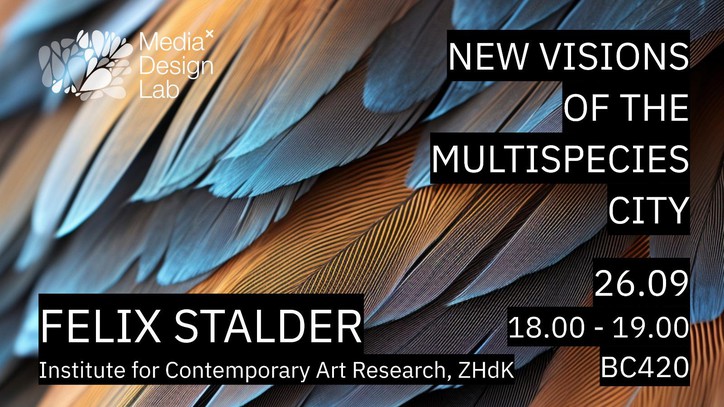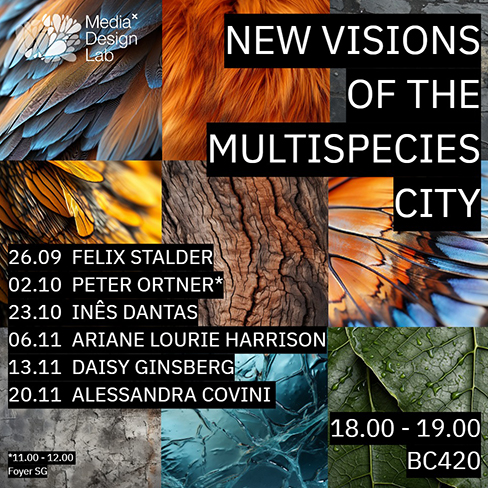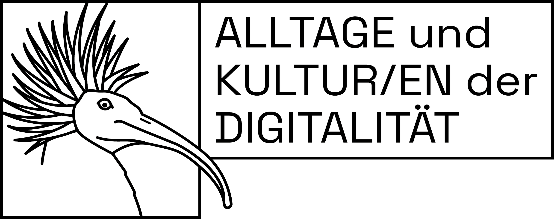28.12. Infrastructure of Migratory Bird (37C3, Hamburg)
12 December, 2023 - 17:00 by felix
Very happy to present, together with Gordan Savicic, at the 37 Chaos Computer Congress in Hamburg.
The talk will be held on on the 28.12. at 11:00 AM (Saal Zuse)






















